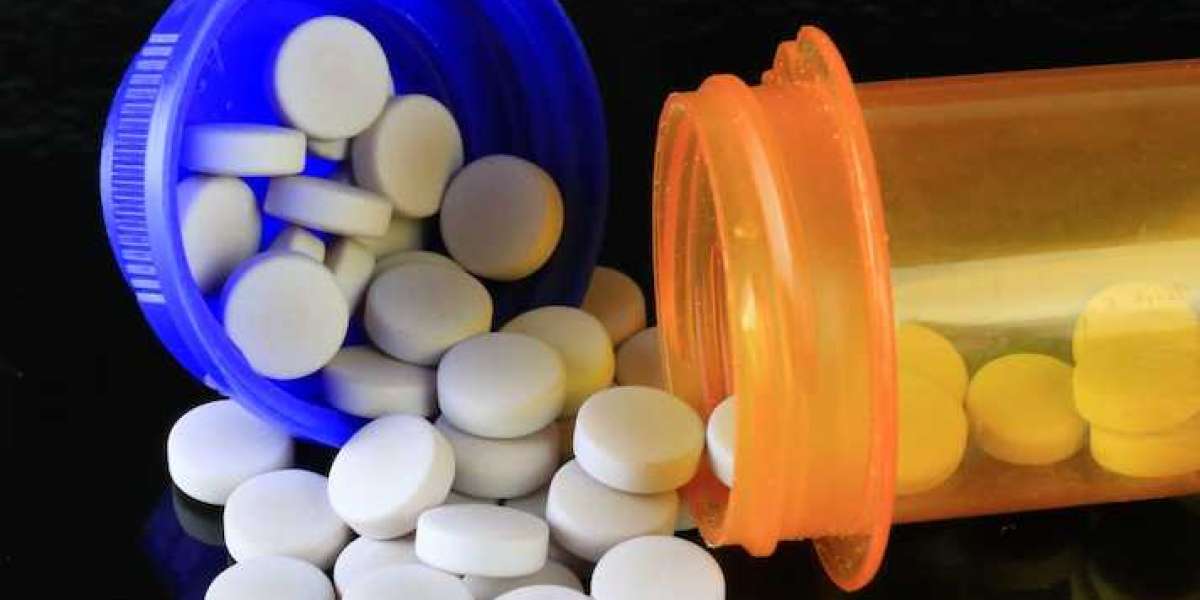Opioid use disorder (OUD) is a chronic brain disease characterized by the persistent use of opioids despite the harms they cause. It may involve both physical dependence and psychological dependence.
The body develops a tolerance for opioids over time, requiring higher doses to achieve the same pain relief or euphoria. These changes make the drug more addictive for people who continue to use it.
Addiction is a chronic disease
Just like diabetes and asthma, addiction is a chronic disease. It affects the brain and requires long-term treatment and maintenance.
People who develop an addiction do so because of a combination of genetic, environmental and behavior factors. They may also have a history of mental health issues such as depression, anxiety or post-traumatic stress disorder.
A person can become addicted to a substance or an activity when they have an uncontrollable desire to use it and do not stop even though it is harmful. They may also have increased tolerance for the substance or activity and need more to feel the same euphoric effect.
A person with addiction is often depressed, anxious or irritable and has a difficult time controlling their behavior and thoughts. They also have difficulty focusing on other things and may be unable to concentrate or remember details of their day. Addiction can be treated successfully with a comprehensive approach that includes therapy and medication.
It is a brain disorder
Opioid Use Disorder, also called opioid addiction, is a brain disease that causes people to continue using opioids even though they are experiencing negative consequences. It is a complex disease that can be treated through medications, behavioral therapy and counseling.
The brain changes in response to opioids, such as causing tolerance (a need for higher doses to feel the same effects). When someone takes opioids on a regular basis, their reward circuit is affected.
They may develop a pattern of behavior called “cravings,” which are overwhelming physical and emotional urges to take more. These cravings can be triggered by people, places or things that are associated with drug use.
In order to qualify for a diagnosis of an opioid use disorder, individuals must have both physical dependence and a compulsive need to take opioids. They must also have experienced significant negative consequences from their opioid use, including financial problems or family distress.
It is treatable
Opioid use disorder (OUD) is a chronic disease that can be treated with medications. These medications have been shown to decrease illicit opioid use and opioid-related overdose deaths.
These medications, which include methadone and buprenorphine, block the effects of opioids, reduce withdrawal symptoms, relieve cravings, and produce little or no euphoria. Often they are given as part of a behavioral therapy program.
People with OUD also often have co-occurring mental health conditions. Counseling and behavioral therapy can help them identify underlying thoughts and behaviors that contribute to their substance use problem.
Patients with OUD may choose outpatient care or a full-time residential treatment center for more intensive therapy. They may also receive medication-assisted treatment, which includes methadone or buprenorphine, or naltrexone. Combined with behavioral therapies, these treatments may be more effective than treating the drug alone.
It is preventable
One of the most important lessons in behavioral health is that drug use and addiction are preventable. Prevention involves family, schools, communities and the media to educate people about the harmful effects of drugs and how to prevent misuse.
Each person has a unique set of risk and protective factors, including their personal history. For example, if a parent misused drugs or had a history of trauma, a child may be more likely to abuse or become addicted to drugs.
For some substances, such as opiates and heroin, there is also a phenomenon called tolerance that develops over time. This means that it takes more of the drug to feel the same effect.
If you or a loved one suffers from OUD, it’s crucial that you seek treatment as soon as possible. Early intervention can help your loved one find the care and support they need to recover.


